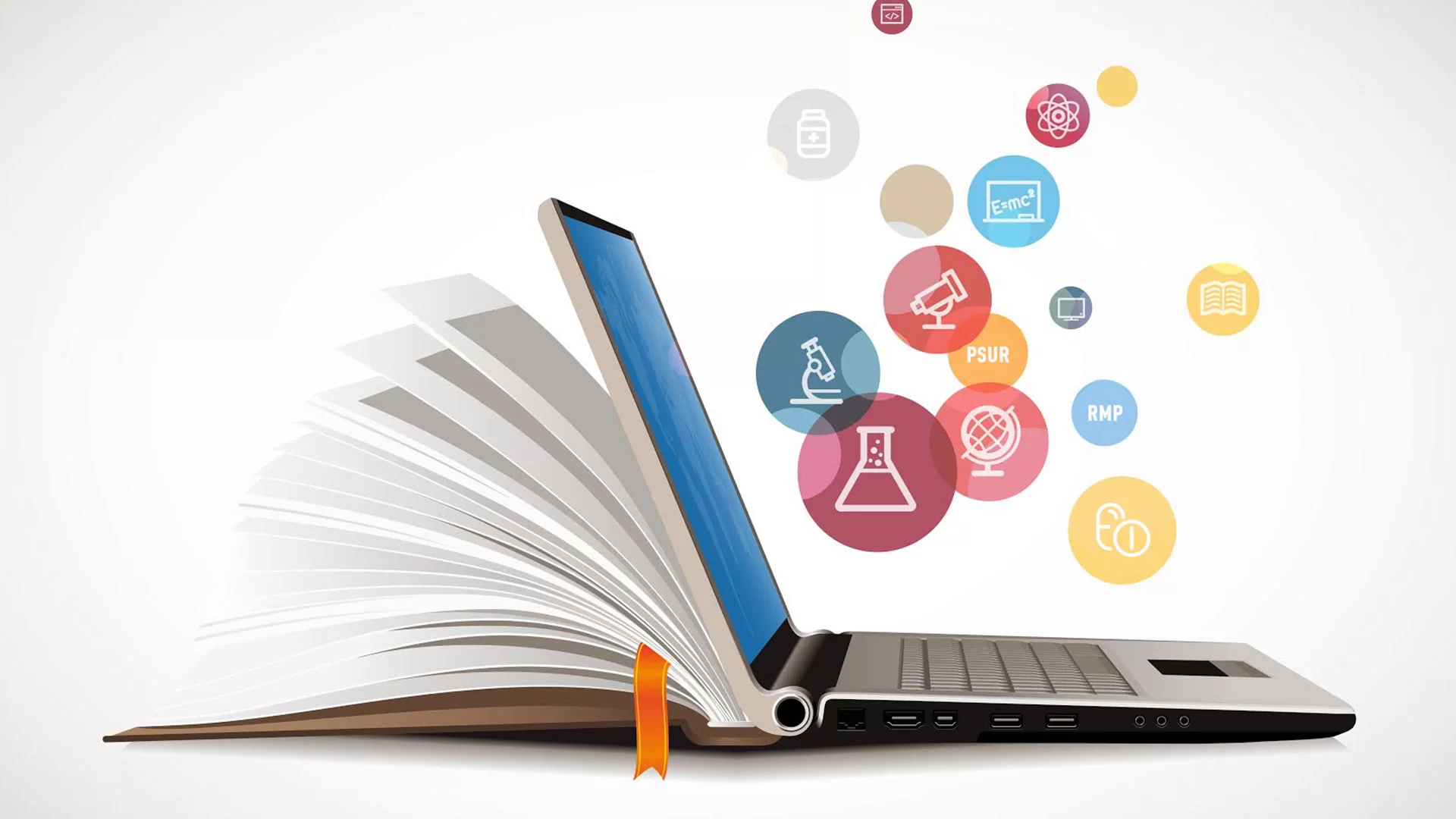Do you want information on:
Since 2010, LS Academy has been researching, designing and developing scientific contributions in the Life Science sector to enhance and valorise people's skills, both in the professional and personal spheres.
We deal with:
Fill out the form and we will contact you immediately.
Online // Webinar
To improve and expand your skills, always staying informed.
Pharmacovigilance in the pharmaceutical industry is a critical discipline focused on the detection, assessment, understanding, and prevention of adverse effects or any other drug-related problems. This field plays a vital role in ensuring patient safety and the efficacy of medications, as it involves the continuous monitoring of drugs once they are on the market. By systematically collecting and analyzing data on adverse drug reactions, pharmacovigilance helps identify potential risks associated with pharmaceutical products, enabling timely interventions to mitigate harm. The process typically involves collaboration among various stakeholders, including pharmaceutical companies, regulatory authorities, healthcare professionals, and patients, all of whom contribute to the comprehensive understanding of a drug's safety profile. Effective pharmacovigilance systems are essential for maintaining public trust in the pharmaceutical industry, as they demonstrate a commitment to safeguarding patient health. Moreover, advancements in technology and data analytics have significantly enhanced the capabilities of pharmacovigilance, allowing for more efficient data collection and analysis. As the pharmaceutical landscape continues to evolve, the importance of robust pharmacovigilance practices cannot be overstated. These practices not only comply with regulatory requirements but also foster a culture of safety and responsibility within the industry. By prioritizing pharmacovigilance, pharmaceutical companies can ensure that they are not only delivering effective treatments but also protecting the well-being of patients, ultimately contributing to better health outcomes and a more sustainable healthcare system. Understanding what is pharmacovigilance in the pharmaceutical industry is thus essential for professionals seeking to navigate this complex and ever-changing field.
Highly specialized programs to obtain technical-practical training and stand out in the Life Sciences sector.

Discover all our training courses. Go to list
LS Academy is dedicated to empowering professionals in the Life Science sector through comprehensive training, event organization, and consultancy services. Since 2010, we have focused on enhancing skills in the pharmaceutical and medical device industries, providing tailored courses that meet the unique needs of our clients. Our commitment to excellence is reflected in our engagement with pharmaceutical companies, CROs, academic institutions, and esteemed medical associations, fostering valuable relationships that lead to shared success. We prioritize a caring approach, ensuring attention to detail in every interaction, and our problem-solving methodology enables us to address challenges effectively. With a 97% satisfaction rate among clients and participants, LS Academy has successfully trained over 12,000 professionals through 773 courses and 115 conferences. By understanding what pharmacovigilance in the pharmaceutical industry entails, our offerings equip individuals with the knowledge and skills necessary to navigate this dynamic field confidently.
Opportunities for professional development and learning, building and strengthening your network of contacts.

Discover all our conferences. Go to list
Pharmacovigilance in the pharmaceutical industry is essential for ensuring patient safety and the effectiveness of medications. It involves the systematic monitoring of drugs after they enter the market, focusing on the detection and assessment of adverse effects. By understanding what is pharmacovigilance in the pharmaceutical industry, stakeholders can better appreciate its role in identifying potential risks associated with medications. This discipline requires collaboration among pharmaceutical companies, regulatory authorities, healthcare professionals, and patients, all working together to maintain a comprehensive safety profile for drugs. The advancements in technology and data analytics have further enhanced pharmacovigilance practices, making data collection and analysis more efficient. A robust pharmacovigilance system not only complies with regulatory standards but also fosters public trust in the pharmaceutical industry, highlighting the commitment to patient health and safety. Ultimately, prioritizing pharmacovigilance leads to improved health outcomes and a more sustainable healthcare system.